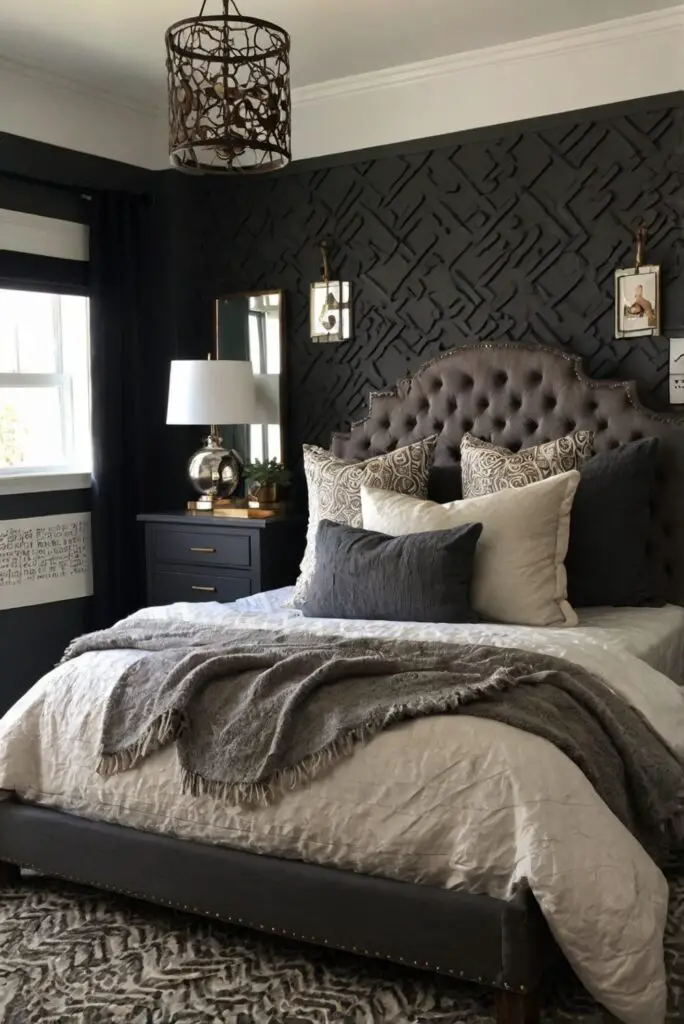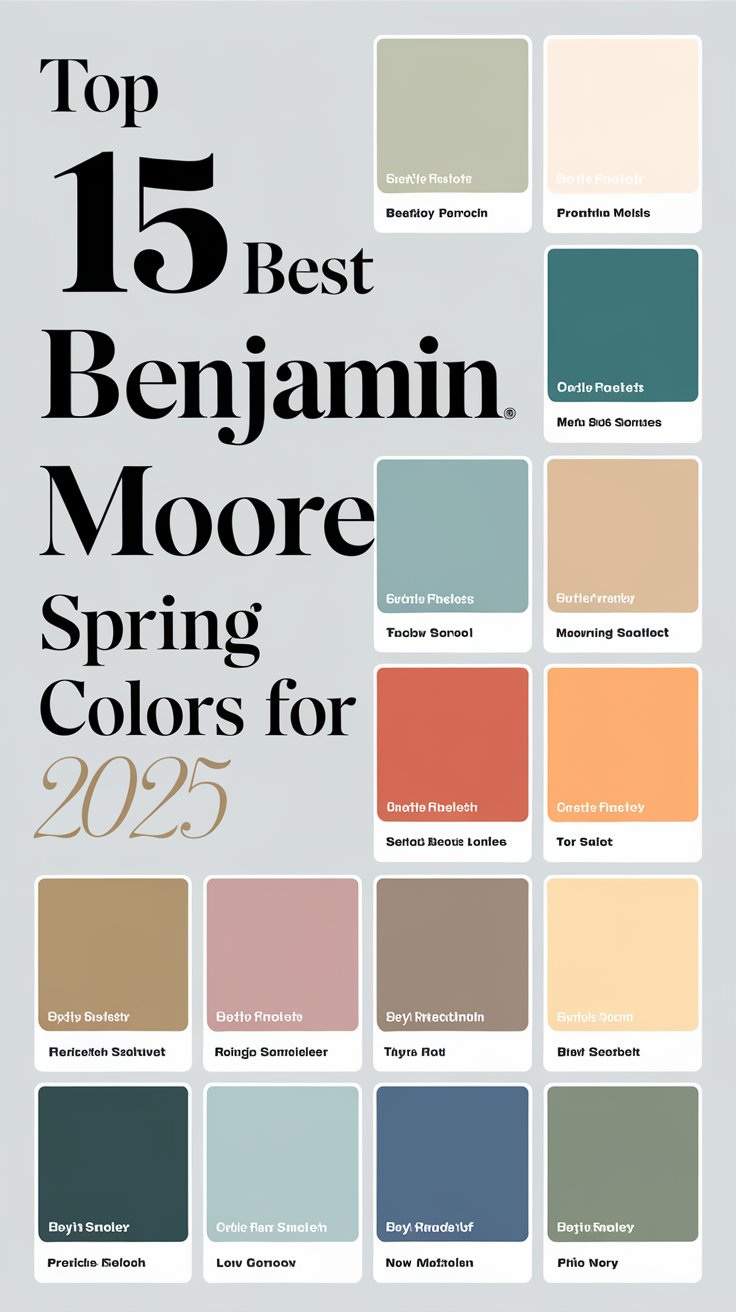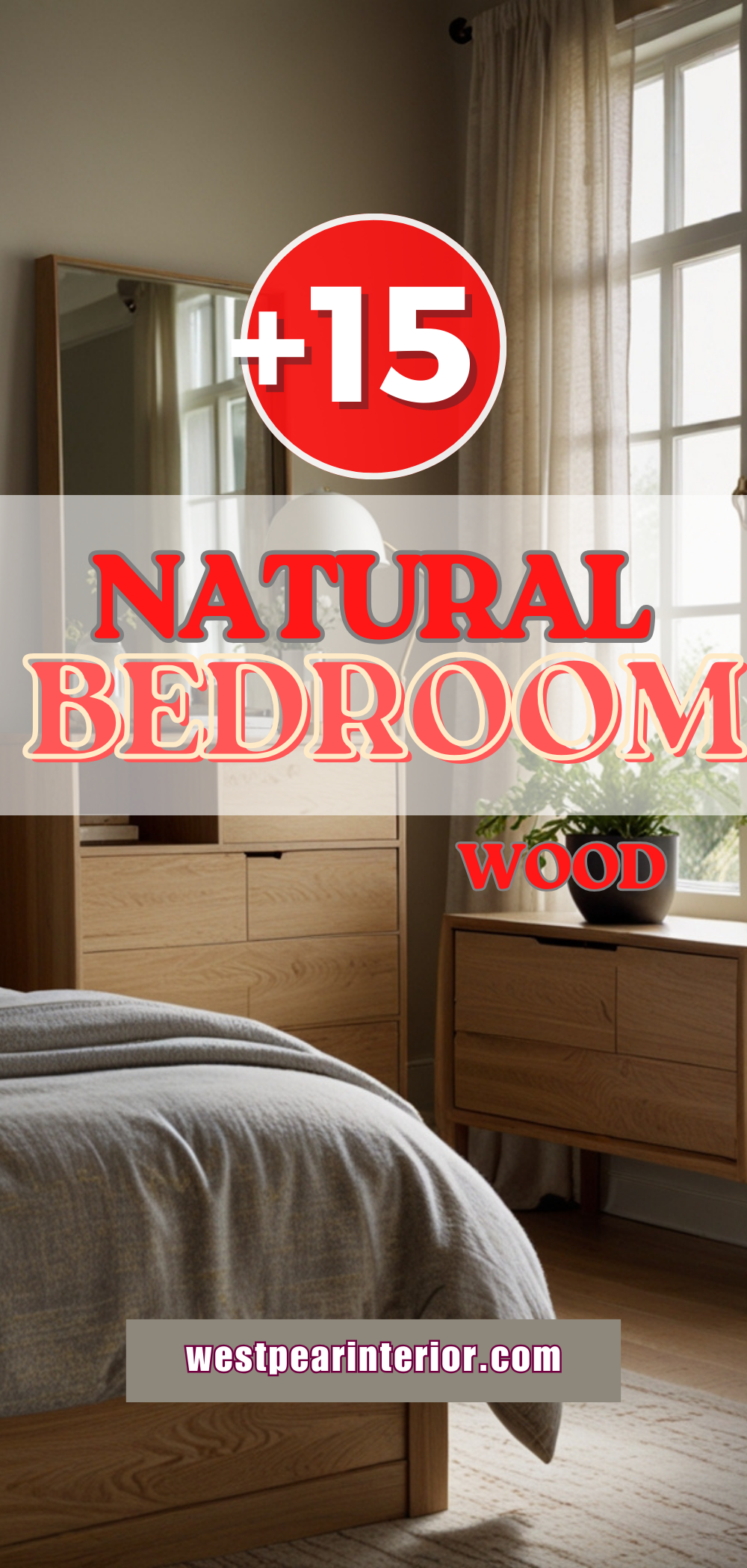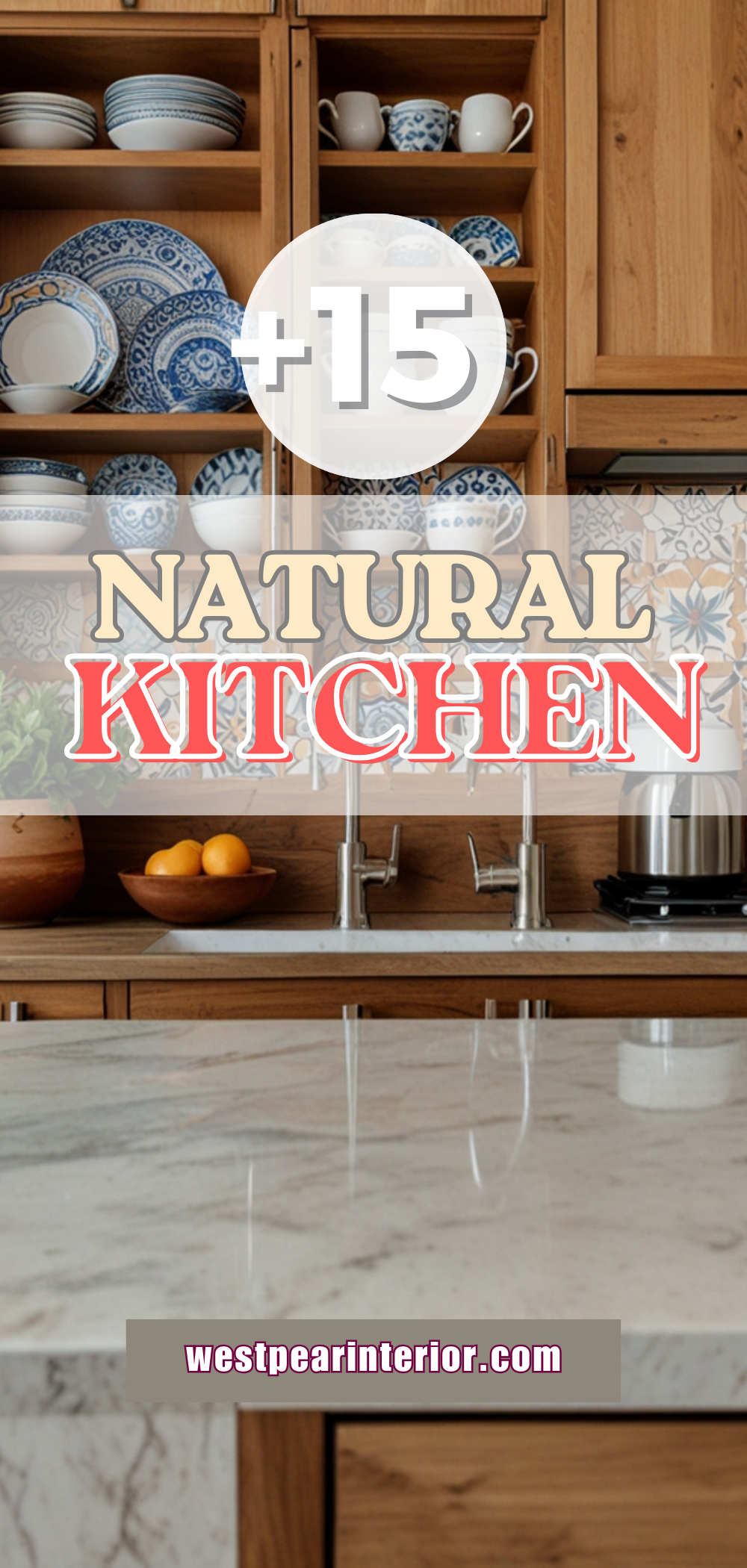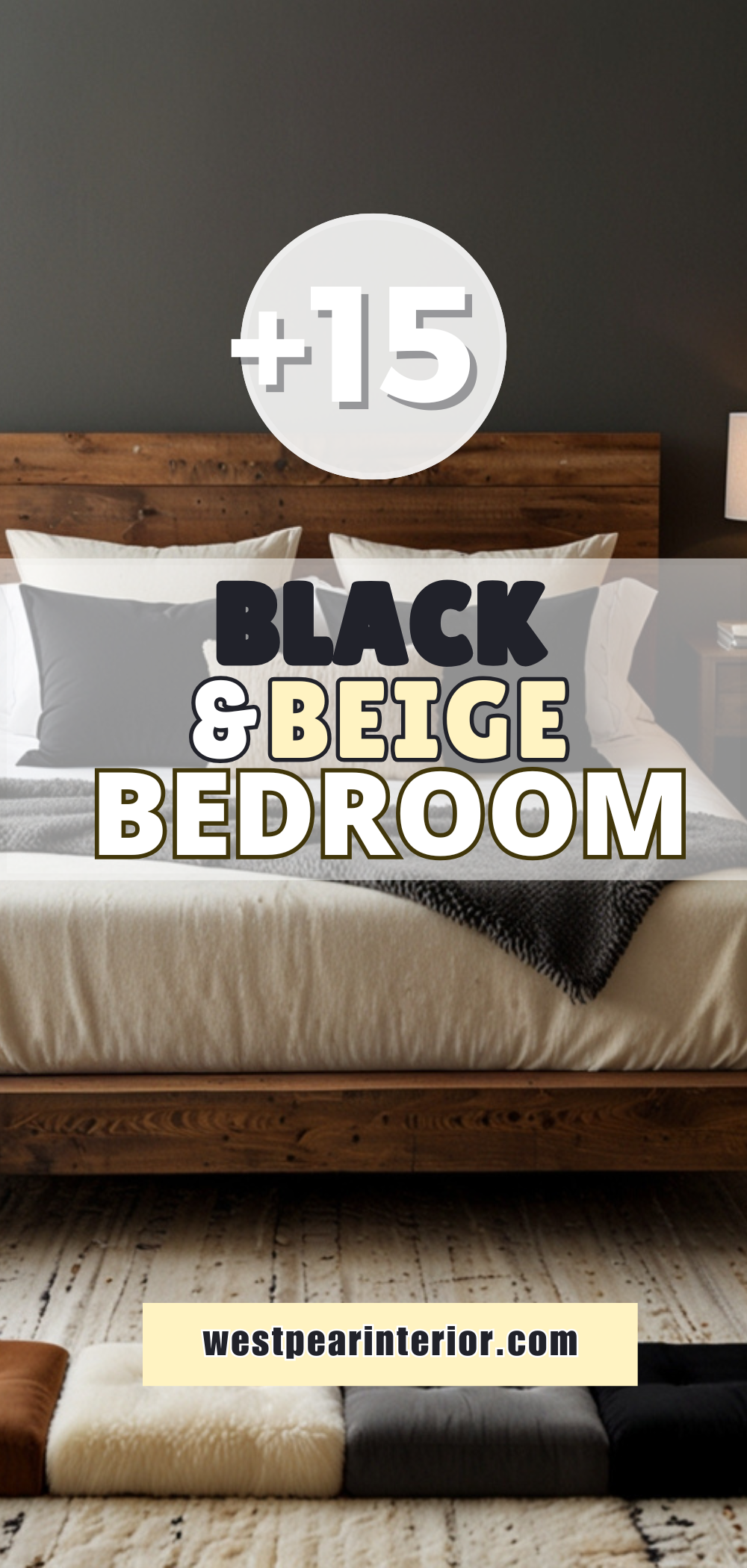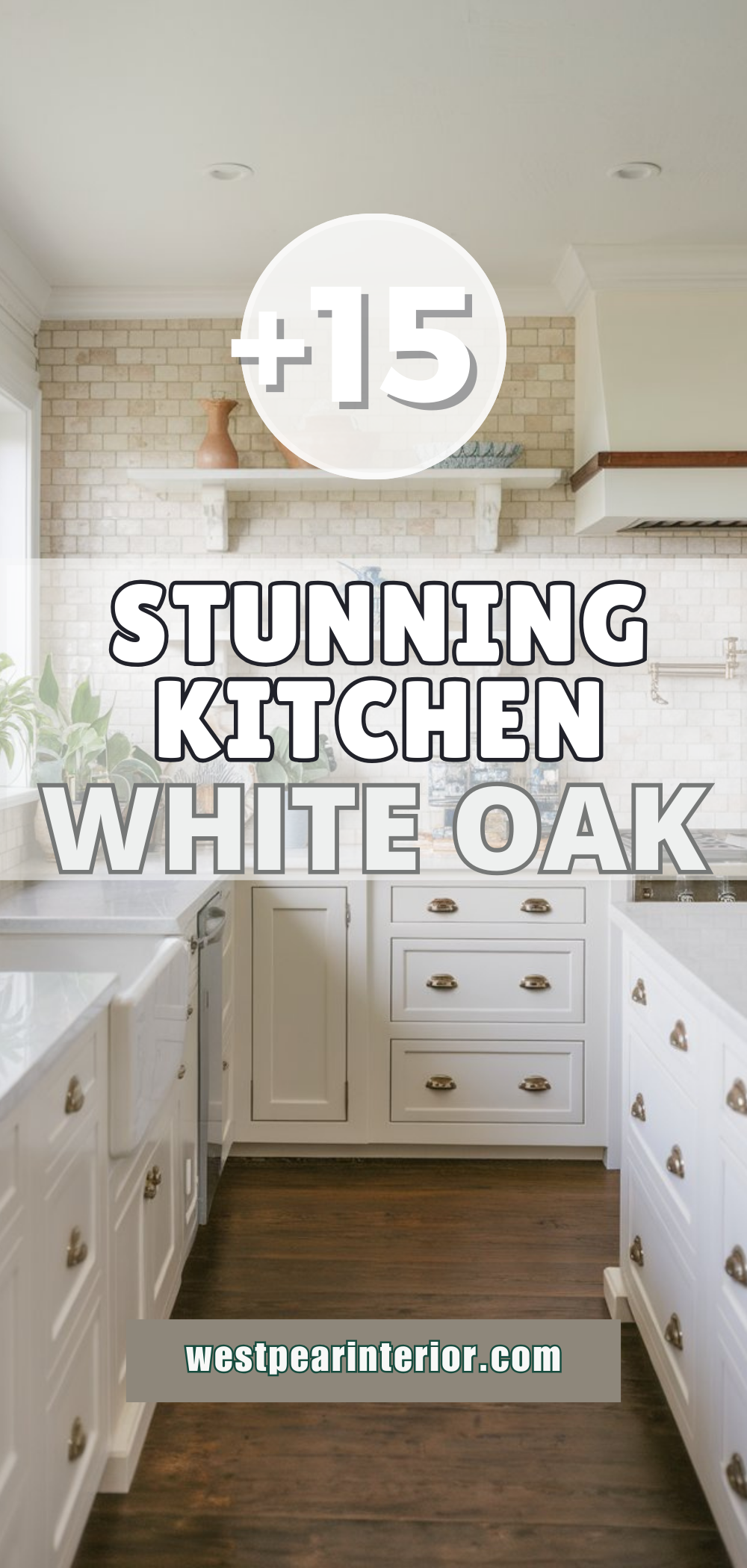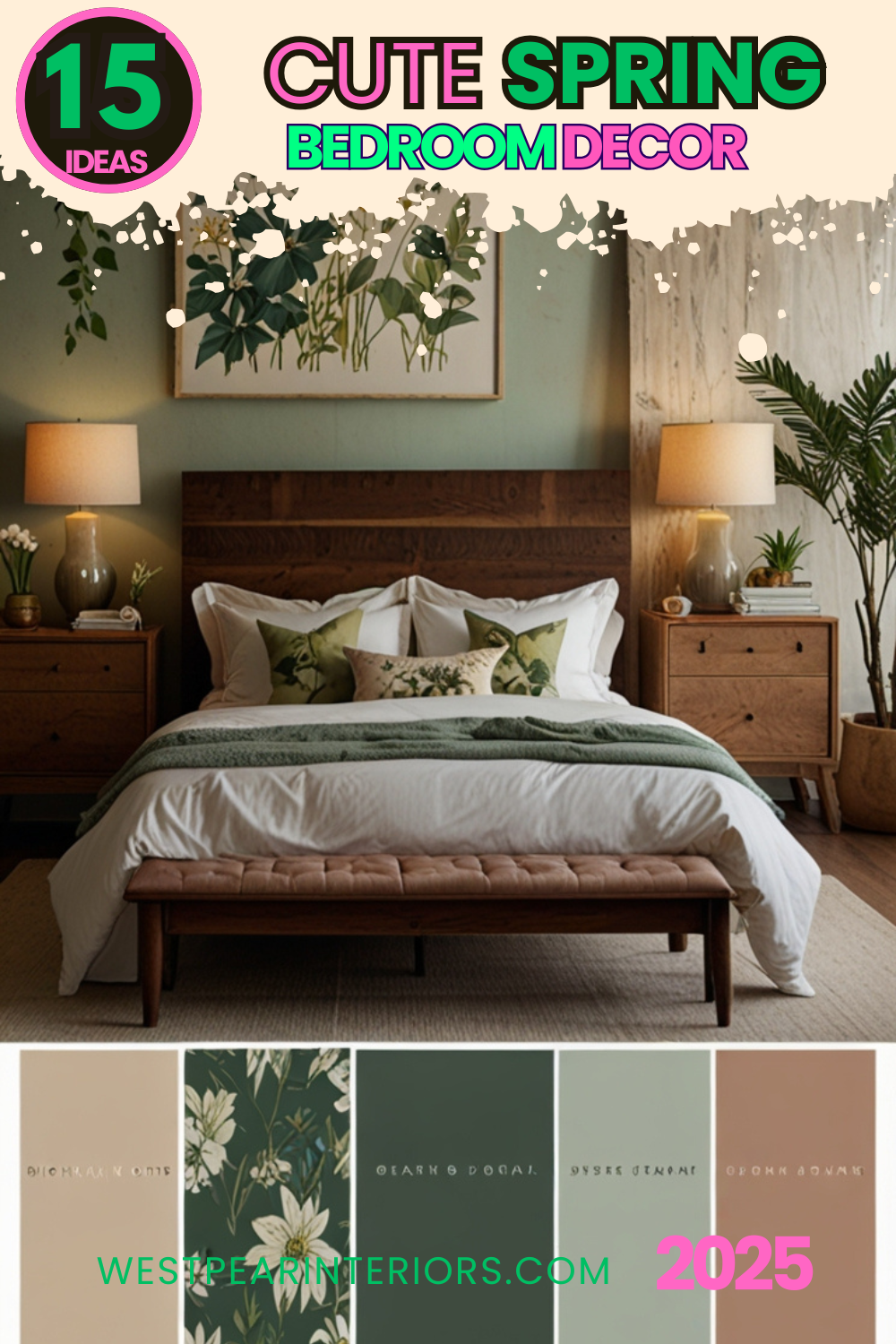Discover how adding textures can transform your bedroom. Get ready to elevate your decor game with our expert tips.
How do you incorporate textures into your bedroom decor?
As an interior designer, incorporating textures into bedroom decor is a crucial aspect of creating a cozy and visually appealing space. To achieve this, I often mix and match different textures such as plush throws, velvet cushions, and soft rugs to add depth and dimension to the room. When selecting colors, I focus on creating a harmonious color palette that complements the textures. By choosing complementary hues and tones, you can enhance the overall ambiance of the room. I also pay attention to organizing the elements in the space to create a balanced and inviting atmosphere.
When it comes to incorporating textures into your bedroom decor, it’s essential to choose the right textures that will enhance the overall look and feel of the space. Here are some valuable insights to consider:
My Lovely Spring Paint for 2025
Ready for a Spring Makeover? Explore the Freshest 2025 Paint Trends!
White Sage/Green SW Pistachio green Soft blue Honeysweet/Orange Pink Sugar Sage Tint BMAs an Amazon Associate, I may earn a commission from qualifying purchases at no extra cost to you.
Choosing the Right Textures for a Bedroom Decor:
Incorporating textures into your bedroom decor can elevate the visual interest and add depth to the design. The key is to choose textures that complement each other while creating a cohesive look. Start by selecting a few key textures such as soft fabrics like velvet or faux fur, natural materials like wood or stone, and tactile elements like woven baskets or metal accents. These textures can be incorporated through bedding, throw pillows, rugs, wall art, or decorative accessories.
Mixing Different Textures in Bedroom Decor:
Mixing different textures in bedroom decor can create a dynamic and visually appealing space. To achieve a balanced look, combine rough textures with soft ones, shiny finishes with matte surfaces, and intricate patterns with solid colors. Consider layering textures through textiles, furniture pieces, and decor items to create depth and interest in the room. Experiment with contrasting textures to add variety and dimension to your bedroom decor.
Incorporating Metallic Textures:
Metallic textures can add a touch of glamour and sophistication to your bedroom decor. You can incorporate metallic finishes through lighting fixtures, accent furniture, decorative objects, or hardware details. Mixing metallic textures with other materials like wood or fabric can create a chic and modern look. Opt for gold, silver, copper, or brass accents to complement the color palette of your bedroom and add a luxurious feel to the space.
My fAV Spring DECOR for 2025
Discover Spring’s Best 2025 Decor Combinations – Perfect for Any Room!
Oversized Indoor Plants White Curved Sofas Rugs BOH Brown Cream Moroccan Hype Boho Rug Outdoor Patio Furniture Sets Topfinel Pillow CoversAs an Amazon Associate, I may earn a commission from qualifying purchases at no extra cost to you.
Selecting the Right Color Hues:
When incorporating textures into your bedroom decor, it’s important to choose color hues that complement the textured elements. Consider the existing color scheme of your bedroom and select colors that harmonize with the textures you’re introducing. Neutral tones like beige, gray, or white can provide a subtle backdrop for textured elements to stand out. Warm or cool color palettes can also enhance the overall mood and ambiance of the bedroom decor.
Alternative Paints for Textured Walls:
If you’re looking to create textured walls in your bedroom, consider using alternative paints like textured paint, chalk paint, or metallic paint. Textured paint can add depth and dimension to the walls, while chalk paint can create a rustic and matte finish. Metallic paint can provide a shimmering effect that reflects light and adds a touch of elegance to the space. Experiment with different painting techniques to achieve the desired texture for your bedroom walls.
Staying Organized:
To stay organized when incorporating textures into your bedroom decor, create a plan or mood board that outlines the textures, colors, and materials you want to use. Make a list of the textures you already have and identify areas where you can introduce new textures. Group similar textures together to maintain a cohesive look and avoid overwhelming the space with too many textures. Consider the scale and proportion of each texture to ensure a balanced and harmonious design.
Considering Existing Furniture:
It’s important to consider the existing furniture when adding textures to your bedroom to ensure a cohesive and coordinated look. Take into account the style, materials, and colors of your furniture pieces when selecting textures for bedding, pillows, throws, or rugs. Mix textures that complement the furniture finishes and create a cohesive flow throughout the room. Incorporating textures that harmonize with the furniture can tie the design elements together and create a visually pleasing space.
Incorporating textures into your bedroom decor is a creative process that allows you to personalize your space and infuse it with character and style. By carefully selecting the right textures, mixing different elements thoughtfully, and staying organized throughout the design process, you can create a cozy and inviting bedroom that reflects your personality and aesthetic preferences.
Key Takeaways:
– Choose textures that complement each other to create a cohesive look.
– Mix rough and soft textures, shiny and matte finishes for a balanced design.
– Metallic textures can add glamour and sophistication to the bedroom decor.
– Select color hues that harmonize with the textured elements in the room.
– Experiment with alternative paints to create textured walls in the bedroom.
– Stay organized by creating a plan and grouping similar textures together.
– Consider existing furniture when adding textures for a coordinated design.

